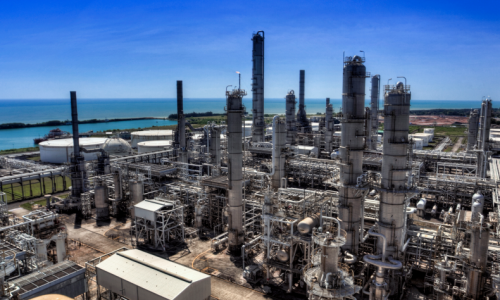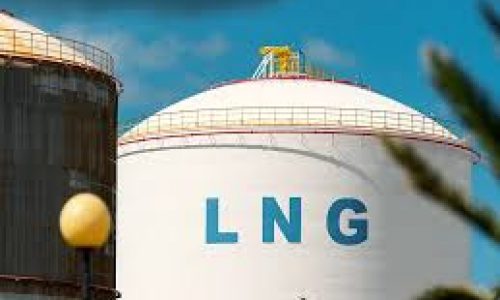Marine logistics provider PT Rig Tenders Indonesia Tbk (RIGS) has allocated IDR 220 billion (US$ 14.6 million) Capital expenditure (Capex) for the acquisition of 4 new sets of fleet. The company also targets to earn US$ 23.3 million in revenue in 2023.
Established in 1974, Rig Tender operates in the offshore oil and gas industry, providing offshore support services to oil and gas companies in Indonesia and Southeast Asia, including marine transportation and support for drilling operations. The company is a subsidiary of Scomi Energy Services Berhad. Its subsidiaries include Grundtvig Marine Pte Ltd with 100% ownership.
Capex for new ships procurement
Rig Tenders will use its 2023 Capex for the procurement of four sets of fleet to add to its existing fleet of tug boats, discharging barges and barges.
“The management has budgeted Capex for 2023 of IDR 220 billion. We will use it to buy 4 new vessels,” Corporate Secretary Diah Triani Puspitasari told Kontan.co.id on February 4, 2023.
Currently, the company has 36 tug boats, discharging barges and 20 barges respectively. Rig Tender uses the ships to run logistical shipping services to coal and nickel mining companies to support exploration, development and the production of oil and gas in the country.
In 2022, the company recorded a rising number of consumers which included PT Arutmin Indonesia, PT Adaro Indonesia Tbk, PT Pelayaran Kartika Samudra Adijaya, PT Permata Lintas Abad, PT Maritim Barito Perkasa dan PT Cakrawala Hijau Samudera.
Rig Tender is also targeting revenue of US$ 23.3 million or IDR 351.72 billion, a 116.87% increase from the 2022’s revenue of IDR 162.18 billion. The company also aims to pocket a net profit of US$ 4.7 million in 2023. In 2022, it recorded a net profit of IDR 23.99 billion, a 141.83% increase from the 2021’s of IDR 9.92 billion.
Risks in logistical shipping services
There are challenges in the infrastructure and transportation. The poor state of infrastructure and transportation in the country affect the efficiency and cost-effectiveness of shipping goods.
Some of the specific challenges in this sector include:
- Poor road conditions: The quality of roads in Indonesia is often subpar, leading to increased transit time, higher costs due to rising fuel consumption and increased wear and tear on vehicles.
- Limited port facilities: Indonesia has limited port facilities, particularly in remote areas, which can result in bottlenecks and delays for shipping companies. This can impact the speed and reliability of shipments and increase costs.
- Inadequate logistics infrastructure: The infrastructure – including warehouses, distribution centers and other key components of the supply chain – is often inadequate and poorly maintained.
Besides the rising costs for shipping companies, these challenges could also decrease competitiveness for the industry as a whole and would potentially lower customer satisfaction.










